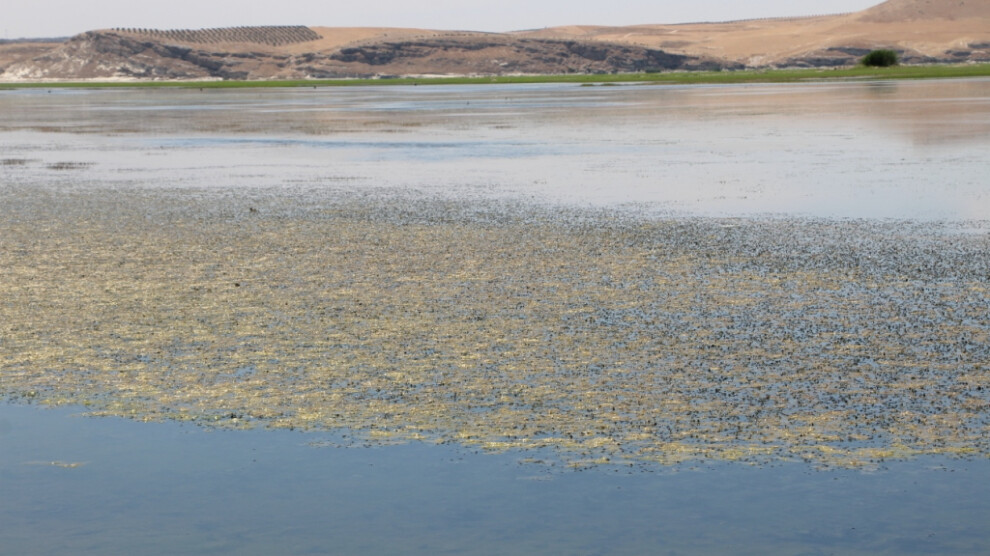The Turkish state’s decision to cut the Euphrates water supplies and reduce the river’s water level, increases problems in Northern and Eastern Syria. Agriculture and agriculture-related activities suffer greatly as does energy production. People’s health is also at great risk. Experts say that the water reduction causes various diseases and poisoning cases.
As the dry season arrived the lowering of the Euphrates water level caused severe drought in the region and agricultural lands dried up. In parallel, people find it hard to get access to drinking water.
In the region it is difficult to reach clean drinking water and therefore people are at risk of contracting contagious diseases. According to the data released by Kobanê and Emel hospitals, 230 cases of poisoning caused by water have been registered since January this year.
However, this figure only shows the number of those who applied to the hospital. While the doctors say that there are many people who do not go to hospitals, they also draw attention to the scale of the danger. Should this situation continue there is a real risk of a new humanitarian crisis.
Internal Diseases Specialist Dr. Emar Mihemed told ANHA: "The decrease in water has affected the health of citizens badly. The reduced level of water gets polluted more quickly. It contains more bacteria. This causes internal diseases. Infection and diarrhoea cases are common. Undoubtedly, children are the most affected."
Warning that the danger will increase even more should the interruptions continue, Dr. Emar Mihemed called on international human rights organizations to take action.
According to an agreement signed between Turkey, Iraq and Syria in 1987, the water released to the flow rate should be 500 cubic meters per second, while the Turkish state has reduced the rate to less than 200 cubic meters.













